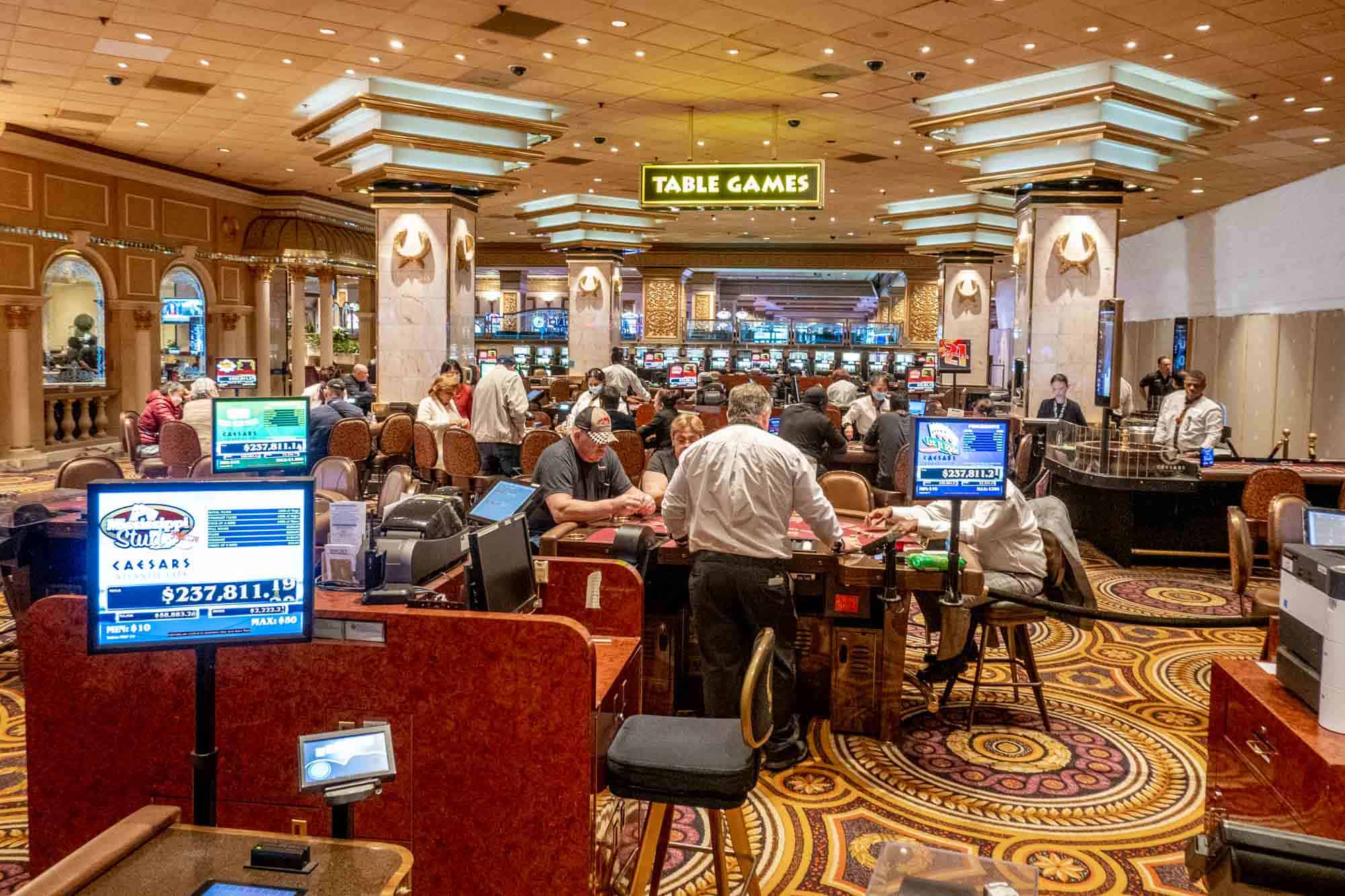
In the lively world of gambling, gambling house activities have long seized the imagination of players around the planet. These options, including classic card options like blackjack to the spinning reels of slot machines, offer an captivating combination of chance and tactics. While chance undeniably plays a significant role in influencing outcomes, the significance of skill in many gambling options cannot be overlooked. Comprehending how skill shapes gameplay can improve not only a participant’s experience but also their chances of success.
As we dig into the dynamics of casino games, it becomes apparent that some require a solid foundation of wisdom and tactics. Activities like poker call for more than mere luck; they call for analytical thinking, mental insight, and tactical decision-making. In comparison, other activities, such as roulette and fruit machines, are primarily determined by chance, allowing players to rely exclusively on fortune. This difference raises fascinating questions about what genuinely drives achievement in the world of casinos and how a player’s abilities can tilt the balance in their favor.
Comprehending Expertise versus Chance within Gambling Activities
In the sphere of casino games, the discussion between skill and luck is a long-standing one. Many games are frequently divided into two groups: those that depend predominantly on randomness, such as slot machines and the wheel, and those where skill plays a major role, like poker and blackjack. The distinction is important because it influences not only gameplay strategies but also the approach players adopt when engaging with these games. While luck can play a decisive role in the immediate, skilled players can increase their odds of winning over the long run in skill-based games.
Skill-based games, especially poker, demand players to understand odds, human behavior, and game theory. A seasoned poker player can read rivals, make strategic bets, and know when to fold, all of which can lead to more successful outcomes. Conversely, in games that are purely based on chance, no amount of skill can alter the odds. This means that while a player may win big in one session, their success may frequently be at the mercy to the vagaries of chance results rather than any strategic expertise.
Ultimately, both skill and luck coexist in the world of casino games, creating a vibrant environment for players. While games of chance can provide excitement and instant gratification, proficiency and strategy in skill-based games offer a richer level of engagement for those willing to dedicate time in honing their craft. This interplay between skill and luck defines the experiences of players and shapes their relationship with the games they select to play.
The Impact of Skill on Game Outcomes
In the field of casino games, proficiency plays a significant role in determining the outcomes, especially in games where tactics and choices are paramount. For instance, in the game of poker, competitors must examine opponents, calculate odds, and make calculated bets to maximize their chances of succeeding. 5MB Unlike activities that depend purely on luck, such as slots or roulette, this game demands an understanding of both the game mechanics and the behavior of other participants, making skill a critical component of victory.
Other skill-based activities, like the game of blackjack, also emphasize the importance of player expertise. Understanding of basic strategy, card counting, and when to hit or stand can dramatically influence the house edge. A skilled 21 player can lower this edge and boost their chances of success significantly. This contrasts with games that do not permit for such tactical play, showcasing how the level of expertise directly affects the possibility for favorable results.
Moreover, even within games deemed primarily chance-driven, like craps, the decisions made by players can influence their overall performance. Choosing the right bets, understanding the odds of different outcomes, and controlling one’s bankroll are essential factors that can enhance a player’s experience and results. Thus, while luck remains a component in gambling, ability can significantly influence how efficiently players navigate these environments, leading to more favorable results.
Strategies for Proficient Play in Casinos
To thrive in gambling games, players must develop a strong comprehension of the rules and odds involved in every game. This essential knowledge enables individuals to make educated decisions, especially in skillful games like poker and 21. Becoming acquainted oneself with game strategies, such as card counting in 21 or recognizing wagering trends in Texas Hold’em, can significantly enhance a player’s chances of winning. Sharpening these strategies through mock games or lower-stakes games allows players to hone their skills without risking substantial amounts of cash at risk.
Another key strategy is budgeting. Players should set a budget before going into the casino and stick to it strictly. This involves deciding how much they are prepared to lose and setting limits on how much they will wager in each session. By keeping a controlled approach to gambling, players can prolong their play and reduce the risk of major losses. Additionally, taking breaks can help preserve a clear mind and prevent rash decisions that often lead to poor play.
Finally, managing emotions is vital in the high-stakes environment of a gambling house. Players must be adept at controlling their emotions, particularly during times of success or defeats streaks. Staying attentive and not allowing emotions influence gameplay can lead to more logical decisions. Methods such as taking deep breaths or walking away from the table during heated moments can help keep composure. By cultivating a steady state of mind, players can approach gambling games with assurance and skill, ultimately enhancing their overall gaming experience and results.